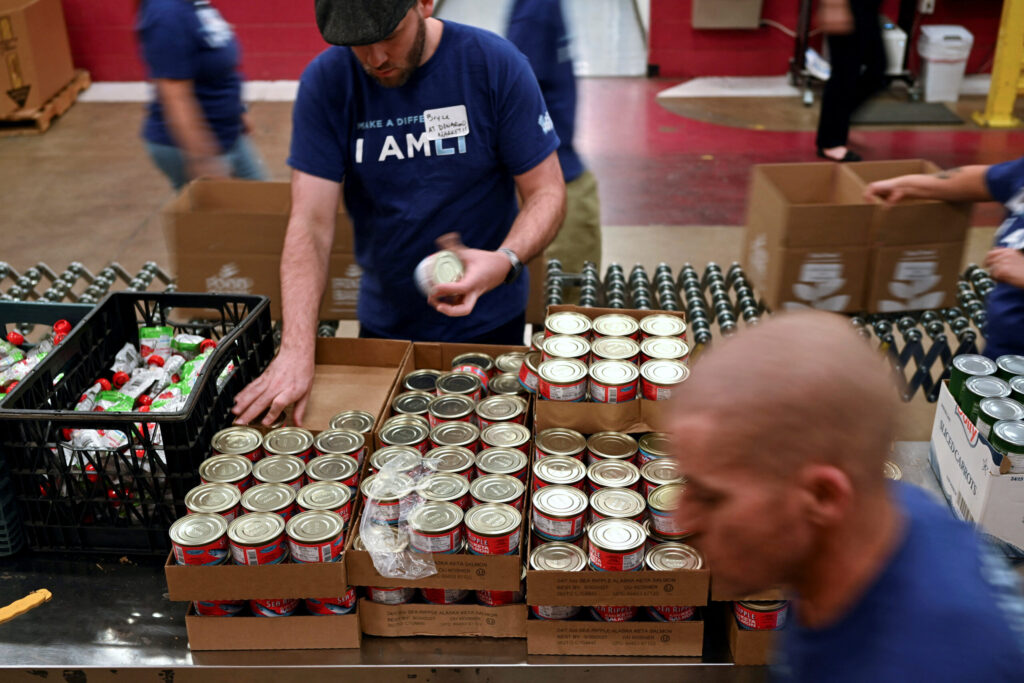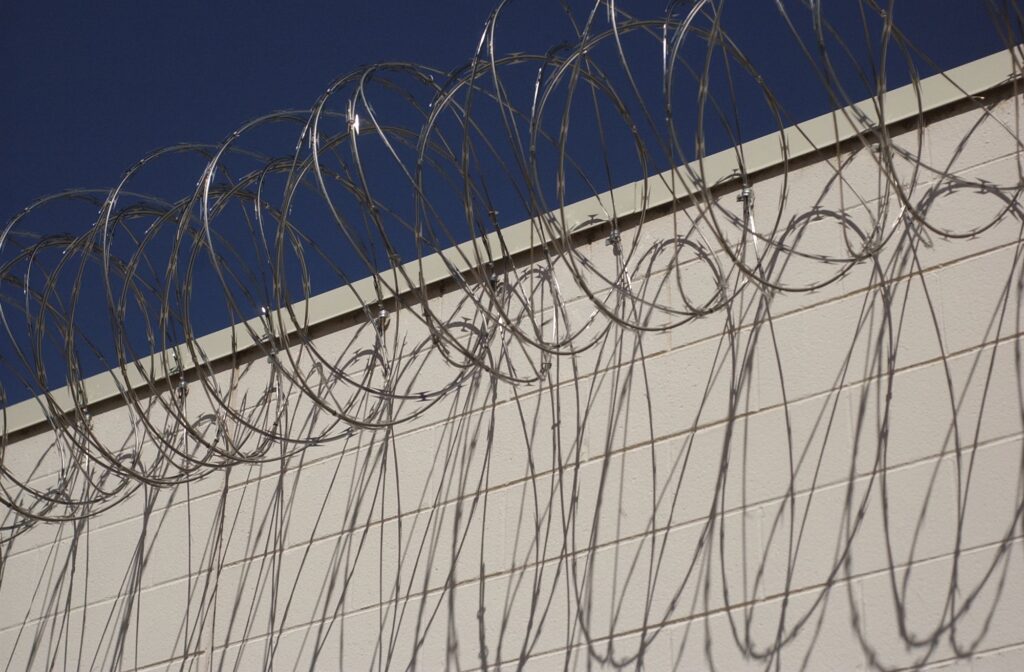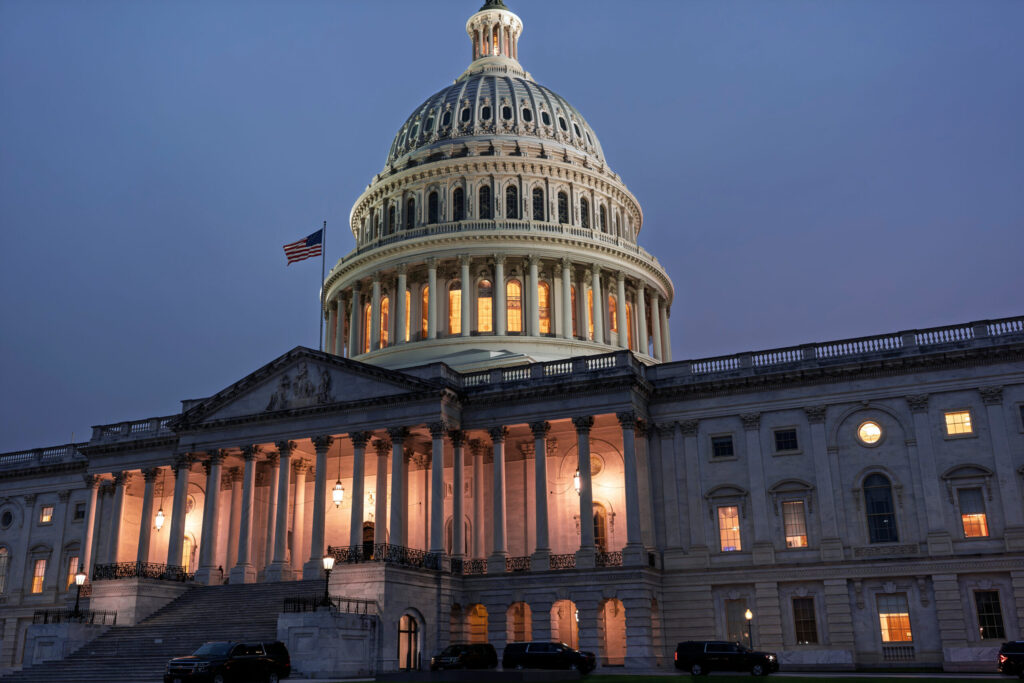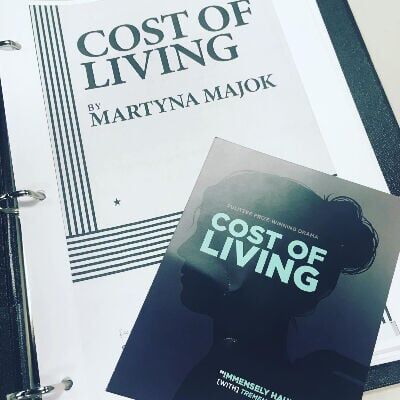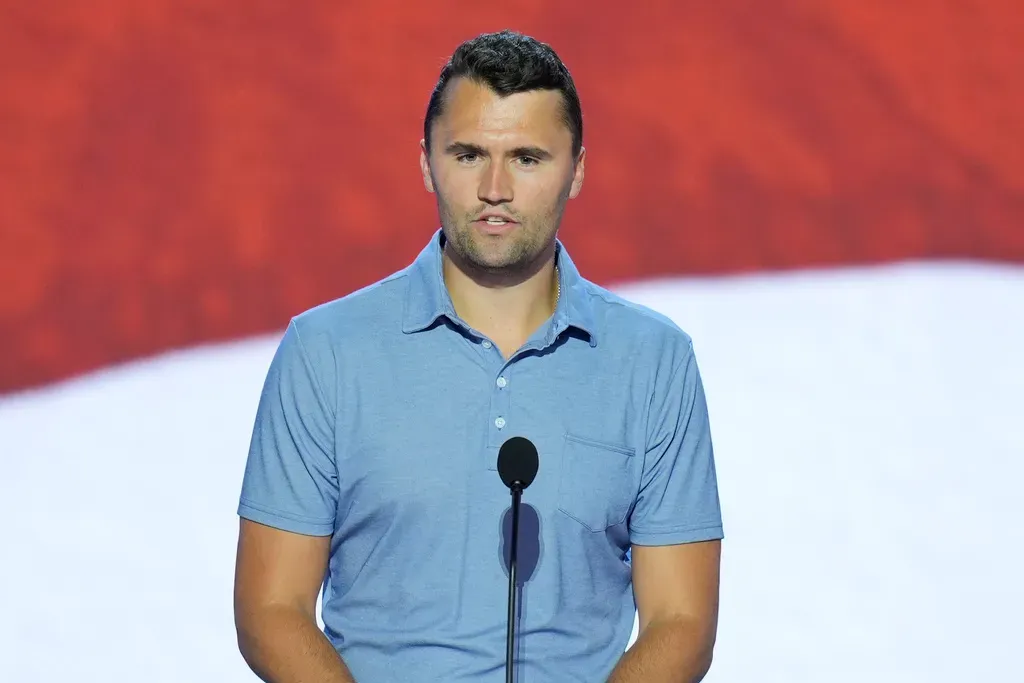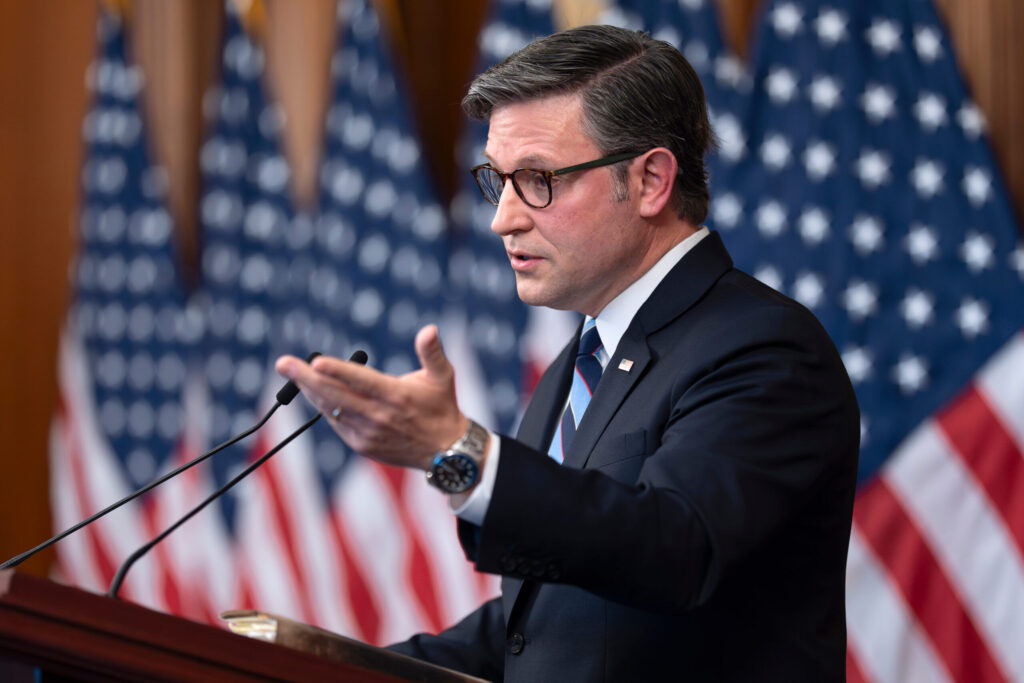Denver ramps up emergency response for migrants as new influx strains nonprofit’s resources

They travelled by bus.
They reached Union Station.
Then – to city and shelter employees’ best knowledge – nearly 100 migrants from the southern border filtered into Denver between Monday night and Tuesday, asking people they encountered on downtown sidewalks where they could find help.
Denver activates emergency shelter for 100 migrants who arrived overnight
That led them on a trek several blocks away to the Denver Rescue Mission’s downtown location. There, the city’s response swung into motion. Denver Rescue Mission, already strained by a group of nearly 50 migrants who arrived on Friday, could not shelter them all and called on the city for backup.
Denver set up a separate emergency shelter at one of its recreation centers, and began trying to unravel the mystery of how the large group of migrants landed in Denver without warning.
“It’s been very difficult to get additional information,” the Denver Office of Emergency Management spokeswoman Mikayla Ortega said.
An emergency response
As of Wednesday night, city and shelter officials still did not know where the migrants’ travels began in the United States. It also remained unclear how their trip was coordinated and if the group travelled all together or arrived on multiple buses.
The city did learn many are Venezuelan or on their way from countries in Central and South America. They spoke of finding work, and building a life in the U.S., Ortega said. There are a few children among them, but most people are between 20 and 40 years old. A handful of women also found shelter at the Samaritan House near the Denver Rescue Mission.
The city is meeting with people one by one, trying to assess what their immediate needs are. Do they want to stay in Denver? Do they need help travelling to another destination? What are their healthcare needs?
“We are also wanting to ensure that we support them and ensure that they have a plan and a next step,” she said.
Department of Commerce ruling: Some solar panel imports from Southeast Asia illegal
The latest influx of migrants into Denver offers but a glimpse of the crisis that’s unfolding at the U.S. border with Mexico, the complications of which have reached American cities far and wide.
The crisis at the border has exploded in the last few years, slowed down only by the onslaught of the COVID-19 pandemic in 2020. In fiscal year 2021, the U.S. Border Patrol said it recorded almost 1.7 million encounters at the U.S-Mexico border, dwarfing the roughly 851,000 cases in 2019.
Increasingly, many are fleeing the communist regimes of Venezuela, Nicaragua, and Cuba, authorities noted.
And Denver is attracting its share of the newcomers.
Denver will activate its emergency operation center on Thursday morning as it continues efforts to assist the migrants, Ortega said. The city has not disclosed its emergency shelter’s location because of safety and security concerns.
Ortega stressed that the city has seen a steady influx in migrants for several months.
Denver Rescue Mission spokesman Stephen Hinkle said on Wednesday that, all told, nearly 150 immigrants have arrived at the shelter in the past few days.
“We have received no warning that a bus from whatever city was coming to Denver,” he said.
On Tuesday night the Denver Rescue Mission sheltered about 50 immigrants, while helping transport nearly 100 others to the city’s emergency shelter. The shelter had to coordinate with the city’s Department of Sousing Stability and Office of Emergency Management to handle the influx.
“This has certainly stretched some of our resources, that’s for sure,” he said.
Fears of contamination to Aurora Reservoir voiced by area residents
The shelter does not know what the next few days or even weeks hold for the group, Hinkle said. Each person’s next steps will depend on individual circumstances and whether they hope to stay in Denver. Whatever their decision, the shelter is dedicated to assisting, he said.
“When individuals come through our doors, whether it’s one or in this case several dozen, we are going to serve them as best as possible,” Hinkle said.
Mayor Michael Hancock echoed that sentiment on Twitter. He said that the group of asylum-seekers and refugees were met with a network of compassionate service providers. The mayor vowed to do “what we can to provide for their needs at this time,” including uniting them with friends, family, jobs and transportation to other destinations.
“Denver is and always will be a welcoming community, and we will support these individuals and families with the humanity and dignity they deserve while facing such a difficult situation. Our priority is the health and safety of all our residents, including those who are migrants,” Hancock wrote.
Why Denver?
Stephanie Aretz, a Denver immigration attorney, said the courts here have a system that fast-tracks undocumented immigrant families with children.
“They may have directed them here because we have a great policy in Denver,” Aretz said, who owns Aretz & Company Immigration LLC.
Hans Meyer, a Denver immigration attorney, raised concerns about how the group landed in Denver and likened Monday’s drop off to when Gov. Ron DeSantis of Florida transported immigrants to Martha’s Vineyard in September.
Like city officials, Meyer said that he doesn’t know how they ended up in Denver or, more precisely, whether states like Florida sent them here. But he inferred that is what occurred here.
And he is worried about how they would navigate the complexity of America’s legal system, such as advocating for their rights, and said that sending them to Denver – if that’s, indeed, what happened – is akin to treating the migrants as less than human.
“First and foremost, we’re talking about human beings, not chattel, but they’re being treated as such,” Meyer said.
Immigrants will have to report to court in the jurisdiction in which they were detained or will have to request a change of venue, Meyer said. The problem, Meyer said, is compounded by not having an address because court documents mailed to a shelter, for example, will not be forwarded.
“They’re playing legal Russian roulette with people’s lives. By all accounts, at this point, this is a set up so people are ordered deported,” Meyer added, noting the lack of transparency on the issue.
Denver has been coordinating with nonprofits and shelters to prepare for a Martha’s Vineyard scenario, Ortega said.
Staff have not had time to contact states, including Florida and Texas, to see if they sent migrants to Denver. They did not see any press releases or social media posts from the state governments claiming responsibility for the migrants’ arrival in Denver.
“I will say that when there were the political incidents,” she said, “it’s important to note they were very, very much proud apparently of their efforts. There were press releases put out.”



